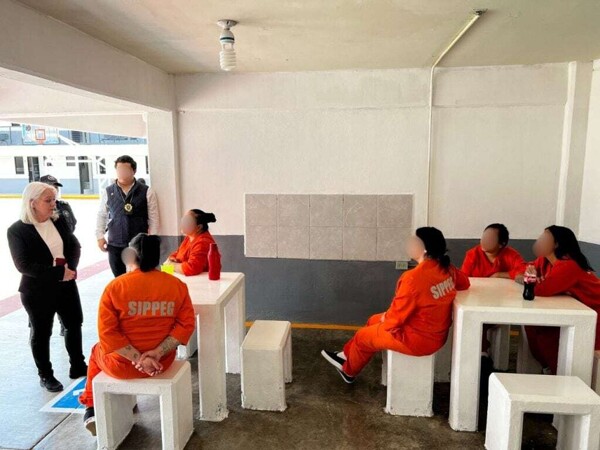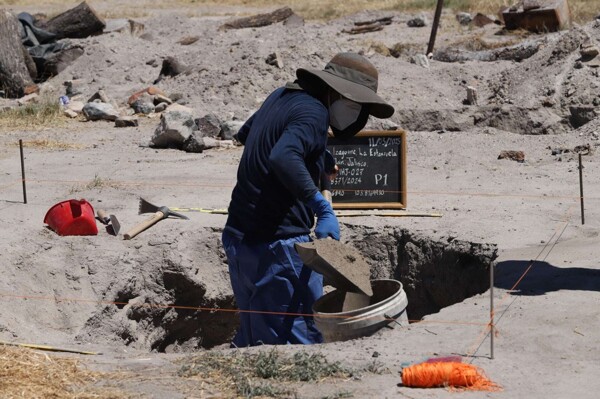
The possible deportation of half a million people from Guanajuato would have a significant impact on the local community. It would not only affect separated families but also the economy that depends on remittances sent from the United States. This figure represents 10% of the 5 million Mexicans in a similar situation in the United States.
Additionally, policies have been established to facilitate the labor reintegration of the deported, allowing them to bring their tools from the United States and obtain their official Mexican documents. A priority approach is to provide support in mental health to mitigate the negative effects of deportations, especially in cases of family separation.
In October 2024, deportation orders for Mexican immigrants increased by 20%, reaching 7,171 cases, the highest figure in over a decade. Only 14.2% of those deported received legal assistance. According to data from the Subsecretariat for the Attention of Migrants and Their Families of Guanajuato, approximately 500,000 people from Guanajuato could be deported due to their irregular immigration status.
The head of the subsecretariat, Susana Guerra Vallejo, indicated that Guanajuato has implemented preventive measures, including monitoring in the border areas of Tijuana and Laredo. State and local authorities are continuing to work on strategies to support returned migrants and minimize the social and economic impact on the region.
The deportation of up to 11 million people is expected, and Mexico is preparing legally and humanitarianly to receive its deported citizens and manage the potential transit of migrants from third countries. Border municipalities, shelters, police, and human rights associations are on high alert. Consulates have strengthened their staff to assist and advise detained Mexicans, and an emergency alert button has been implemented. This occurs as the Trump administration prepares, which has promised stricter immigration measures.














